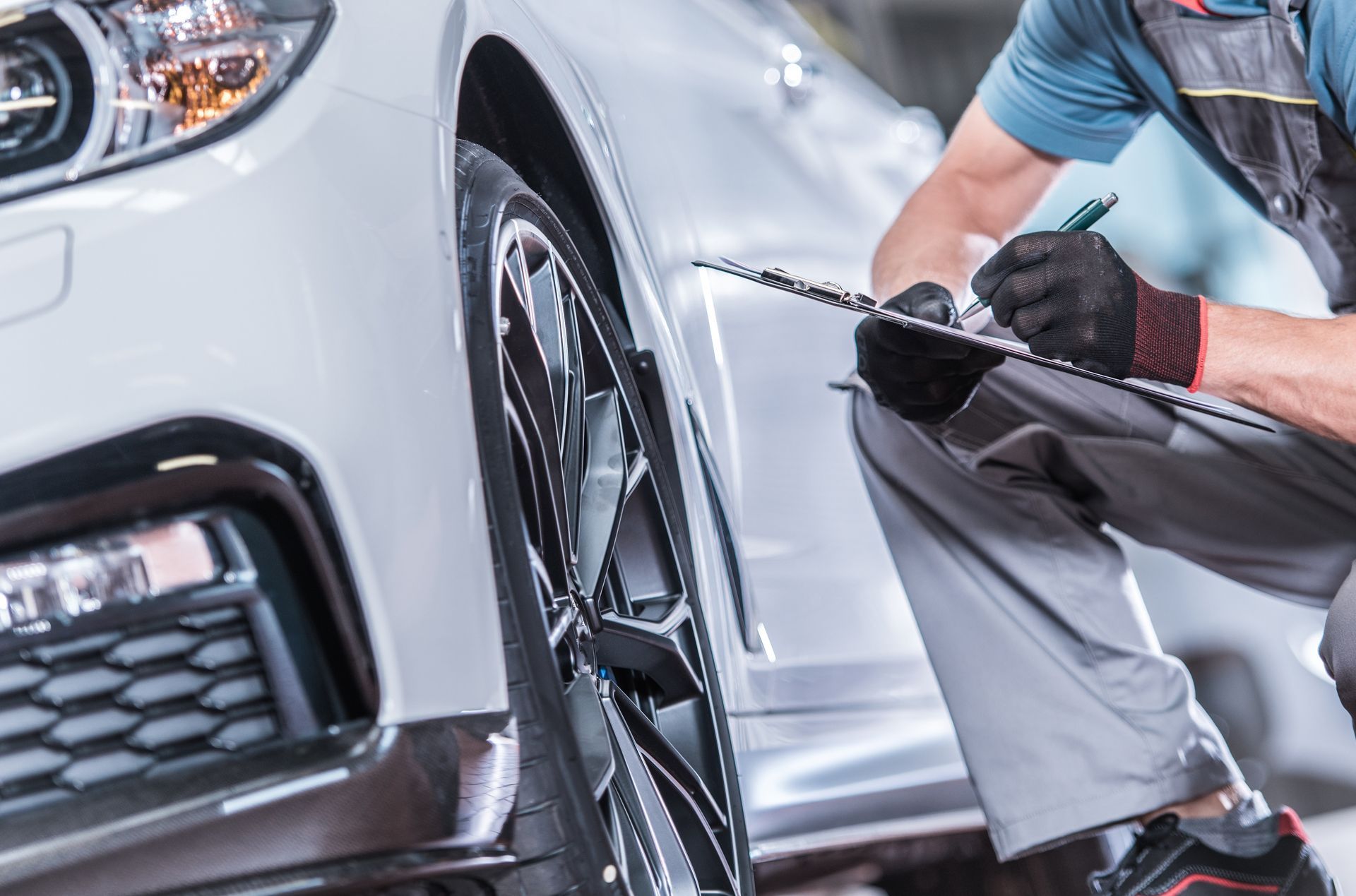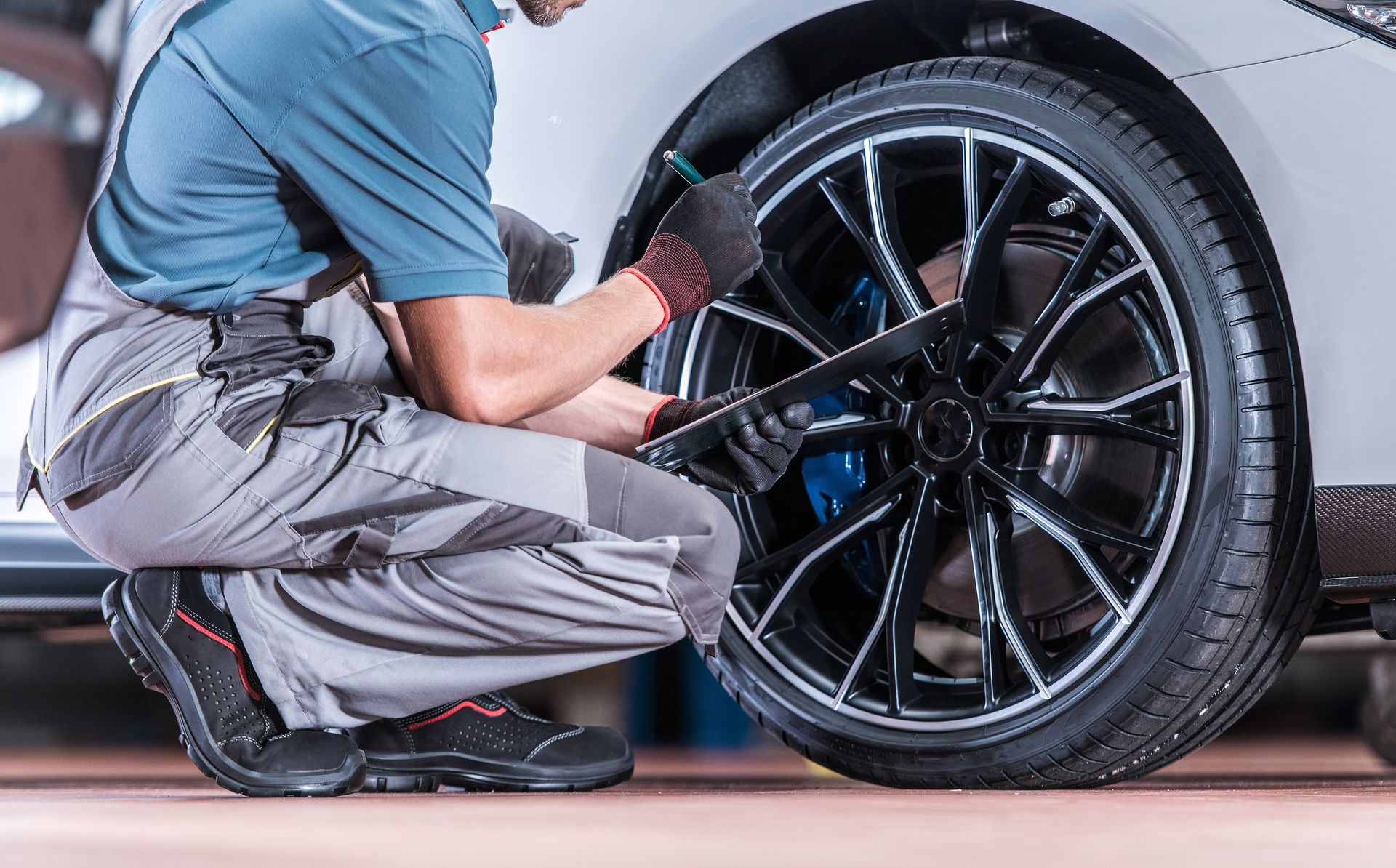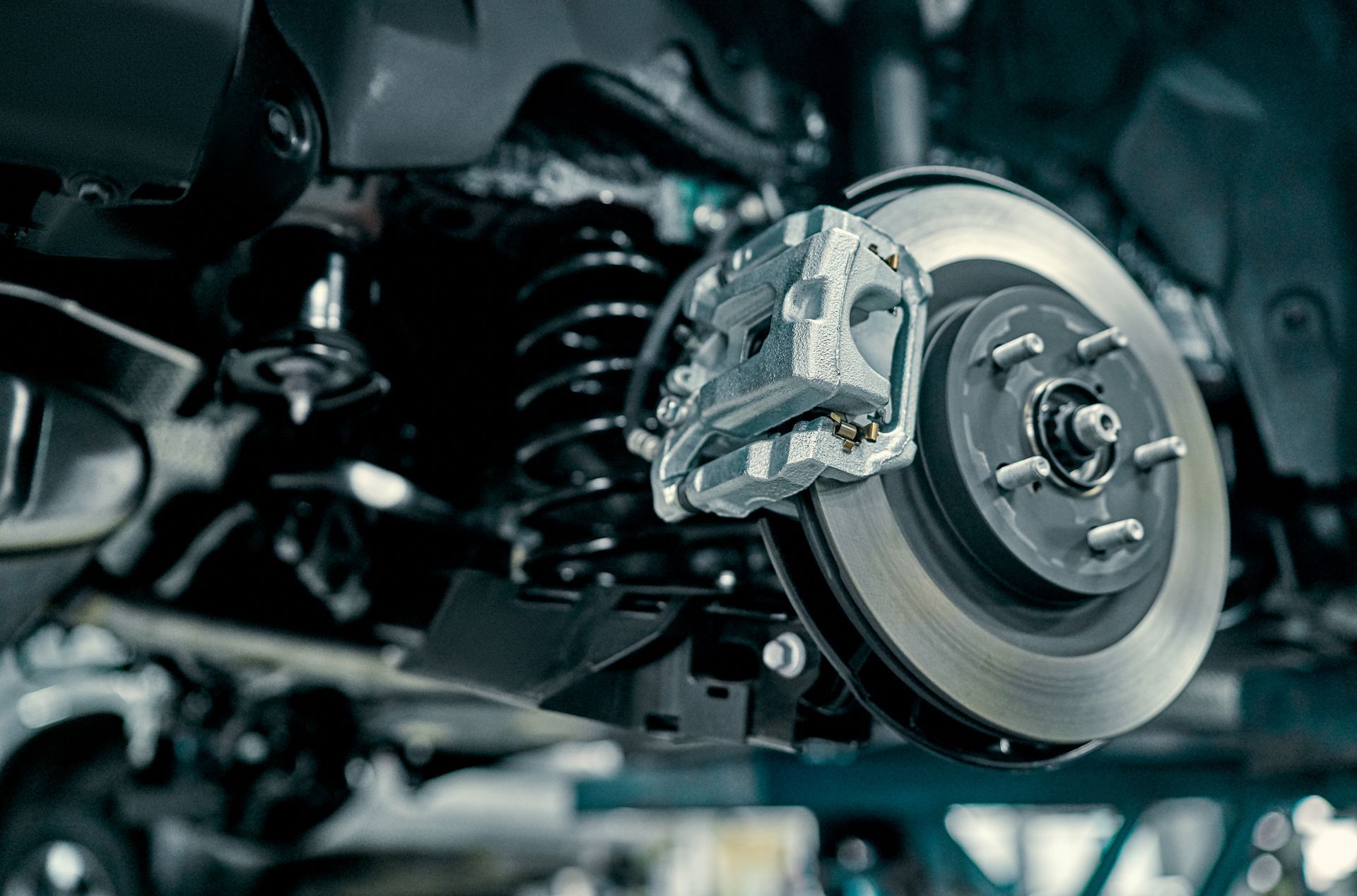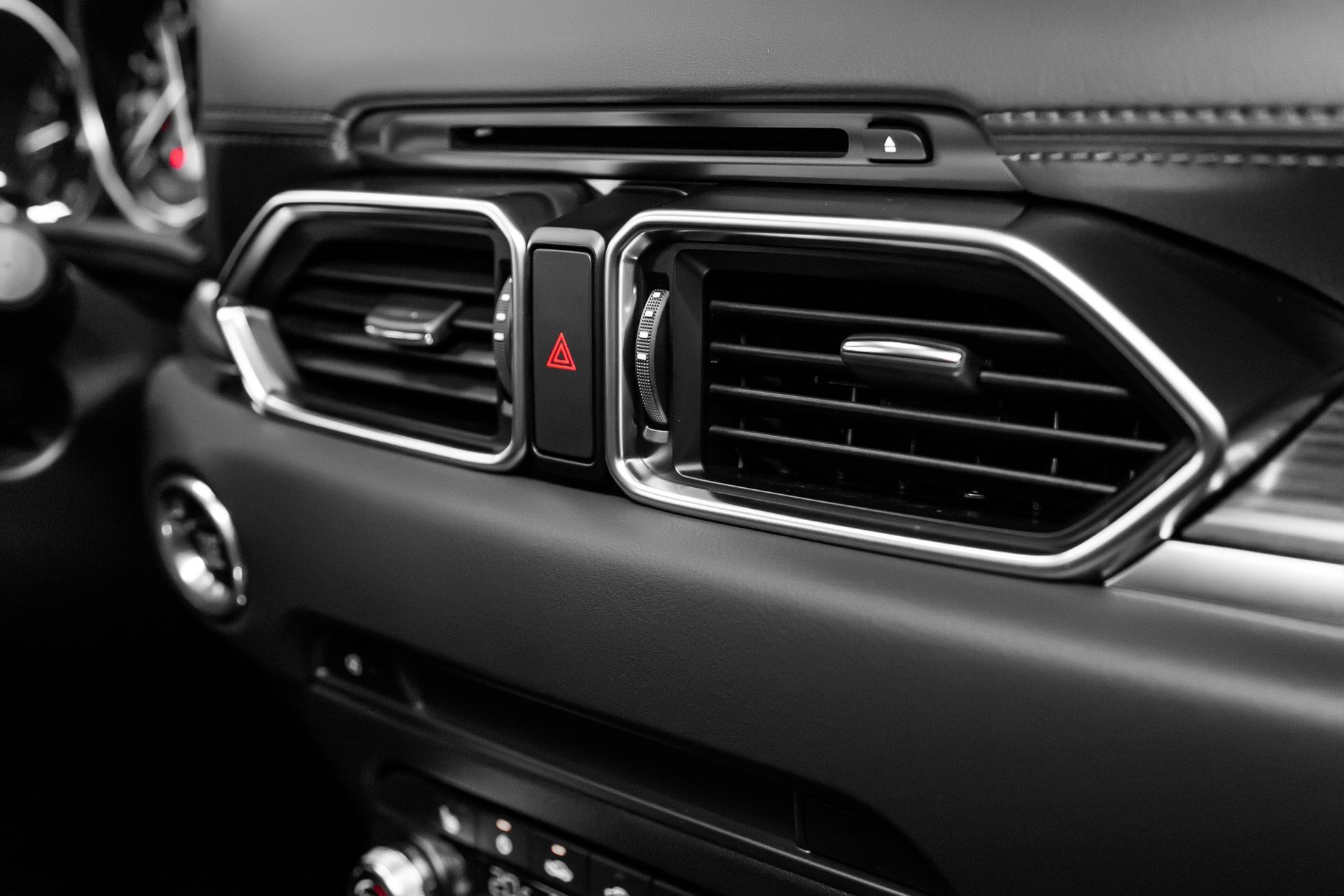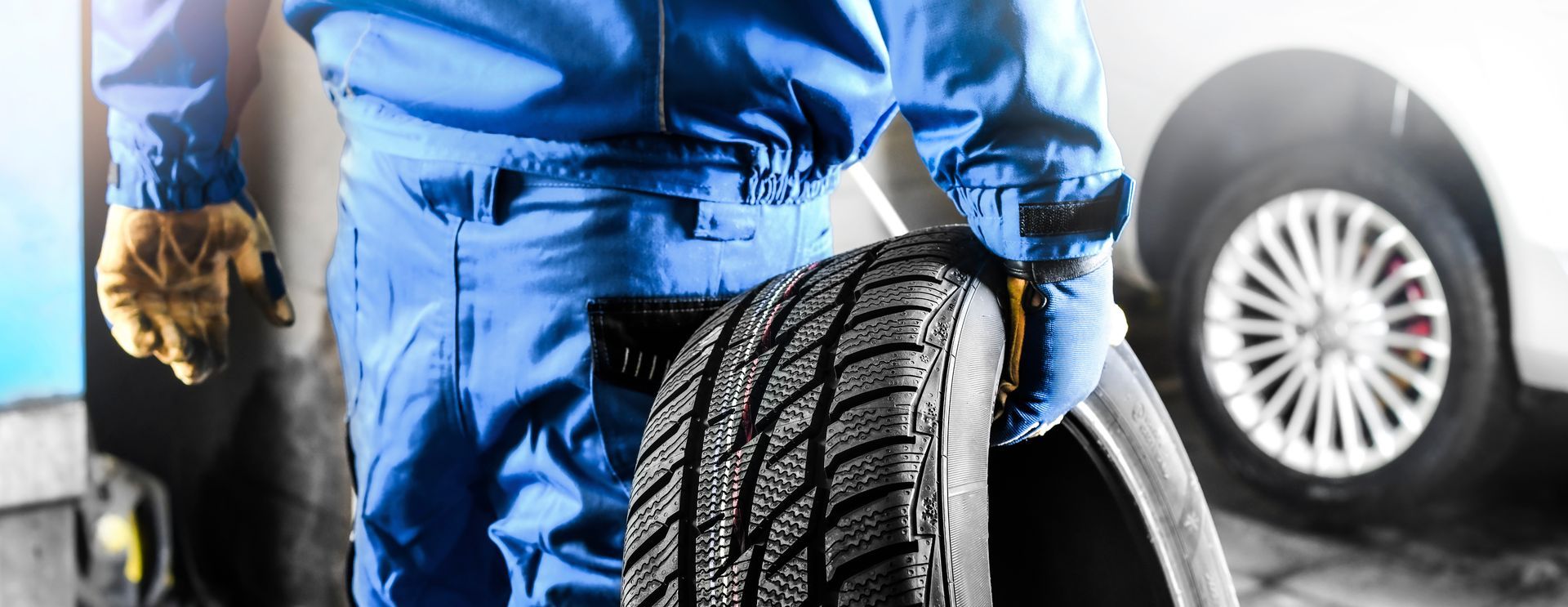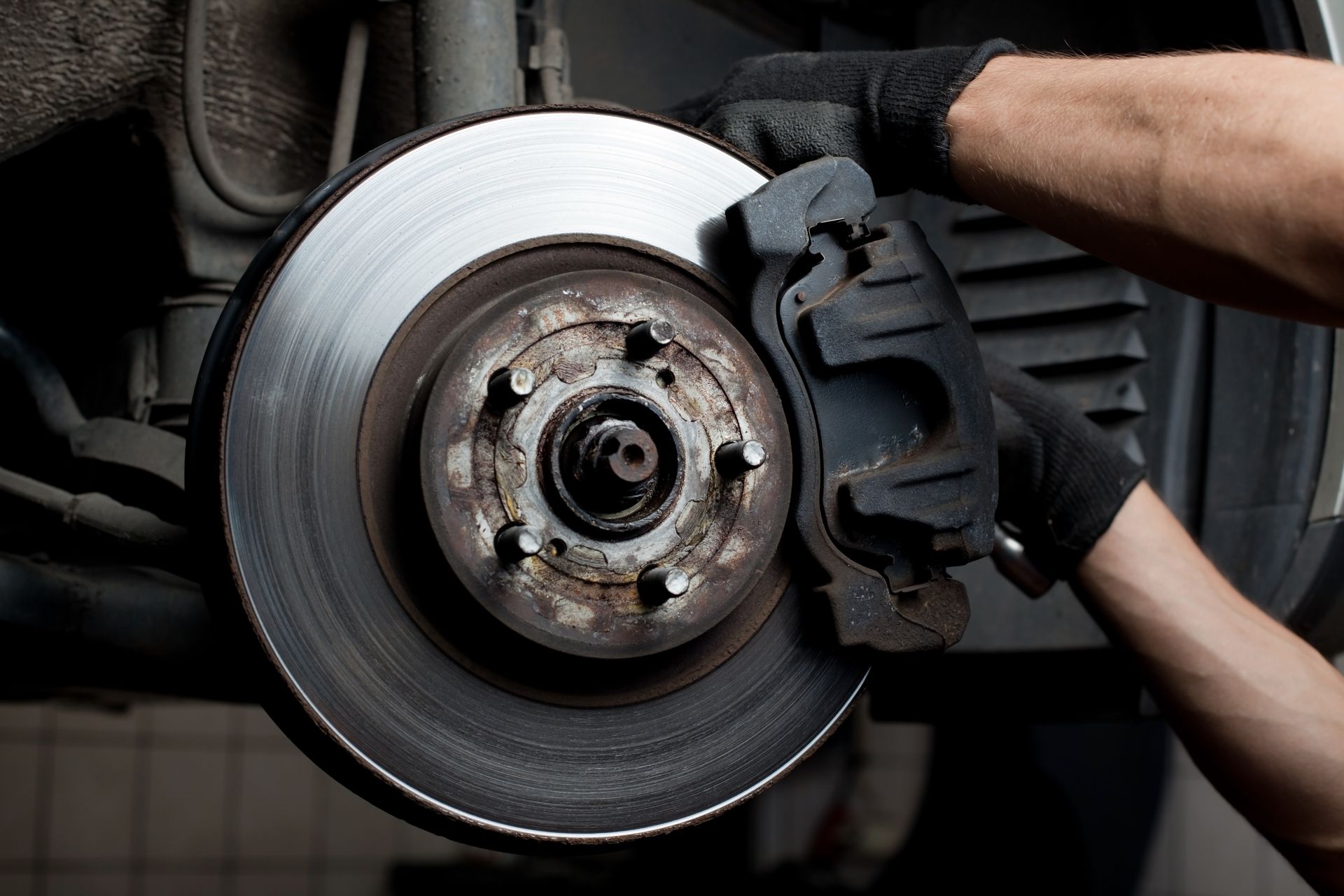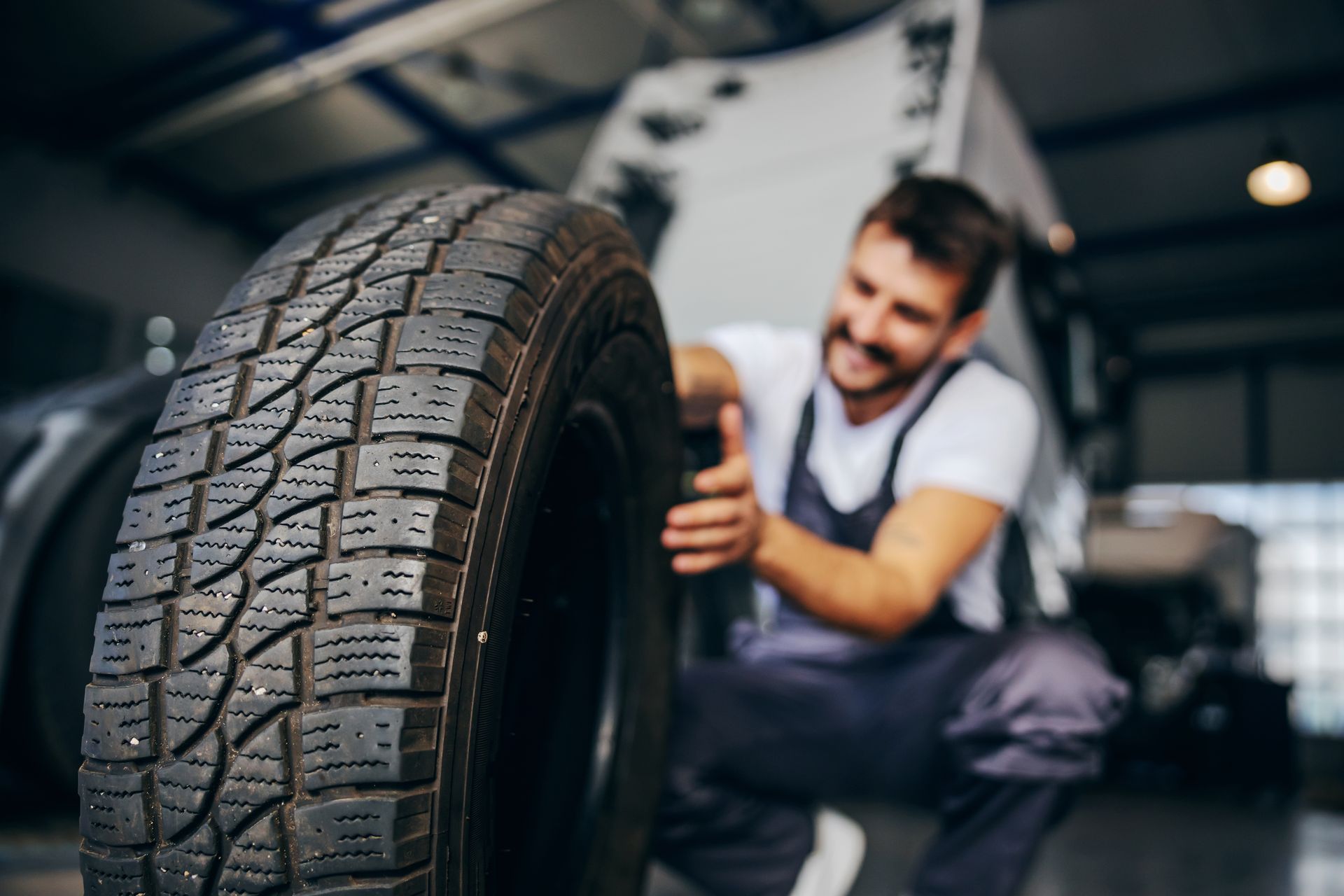Loading ...
Missing business hours data / Error occurred while getting the data.
Loading ...
Missing business hours data / Error occurred while getting the data.
How to Improve Your Car’s Fuel Economy
How to Improve Your Car’s Fuel Economy
Owning a vehicle in today’s modern society is a fundamental necessity. However, there is one element about vehicle ownership that frustrates most of us. Although auto repairs and maintenance service can be frazzling, the constant rise in the price of fuel is one of the biggest issues for motorists. As gas prices remain high, improving your car’s mileage is crucial. You want to utilize every possible way of stretching a tank of gas further and reduce the number of times you must fill up per month. Regardless of what car you drive, you can always use a little extra money at the end of the month, and cutting back your gas expenses is a great way to do so.
There are many tips that you can implement to help increase your mileage and save money on gas. Cars run their best and consume less fuel when they are well maintained. Below are a few ways to keep your car in peak condition and improve your fuel economy.
Our Recommended Steps to Reduce Fuel Consumption
Reduce Excess Weight
Extra weight in your vehicle reduces your gas mileage. Weight in your car causes the engine to work harder to move the car, which increases the amount of fuel required for operation. If you’re carrying a lot of weight, lightening the load can help you get a mile or two more per gallon. Don’t carry around items you don’t need. Removing unnecessary items from your car will reduce your car’s weight and can reduce fuel consumption by 1-2%.
Get Regular Tune-Ups
Routine maintenance services such as regular oil changes, air-filter changes, and spark plug replacements will lengthen the life of your vehicle as well as improve fuel economy and minimize emissions. You should follow the schedule in your owner’s manual for tune-ups, preventative maintenance, and other services your vehicle needs to stay effective.
Properly Inflate Tires
The easiest way to reduce your vehicle’s fuel consumption is to inflate your tires to the right pressure. Under-inflated tires result in your engine using more gas to move the car. Your tires should be inflated to the pressure indicated in your owner’s manual for the best balance between gas mileage and traction. Under-inflated tires by 10 PSI per tire can cost you 5 MPG or more.
Alter Your Driving Style
One of the best ways to improve fuel consumption is to maintain a consistent speed while driving. Constantly slowing down and speeding up can increase your fuel consumption by over 10 percent. Don't accelerate quickly or stomp on the brakes — coast to a stop. This will give you savings on fuel as well as wear and tear on your brakes. Turn off your engine when you are parked or stalled for a while. These driving styles will keep your vehicle from consuming excessive fuel.
By altering your driving style and maintaining your vehicle, you will notice an improvement in fuel economy. You don’t need a fuel-efficient car to save on gas. There is plenty you can do to increase your gas mileage. By using these tips, you can save money at the gas pump. Keep in mind that taking your car in for regular check-ups and tune-ups, and auto repairs will also save you a great deal of money and keep your vehicle working effectively. A car that doesn’t run at its optimum performance level can cost you a lot in the long run.
OUR LOCATION
Loading ...
Missing business hours data / Error occurred while getting the data.
HAVING TROUBLE FINDING US?
Loading ...
Missing nap lines data / Error occured while getting the data.

